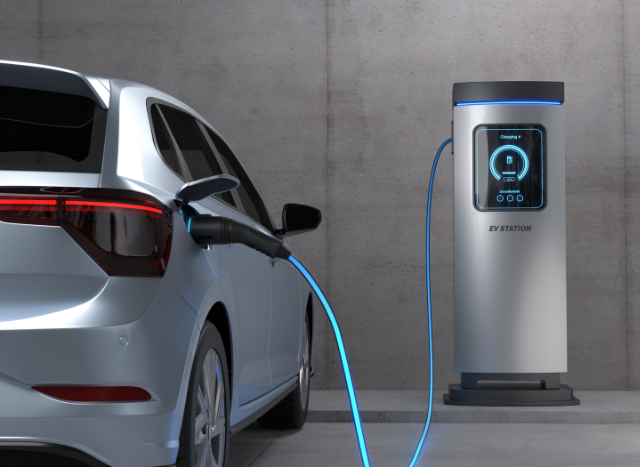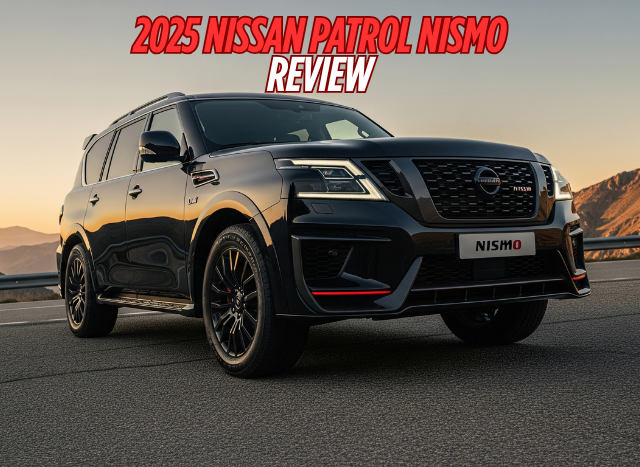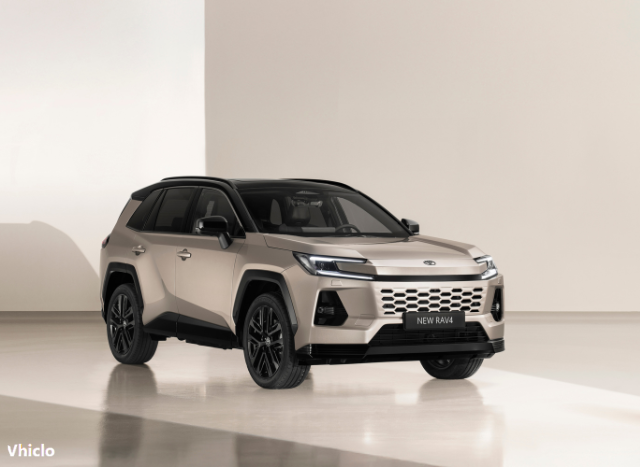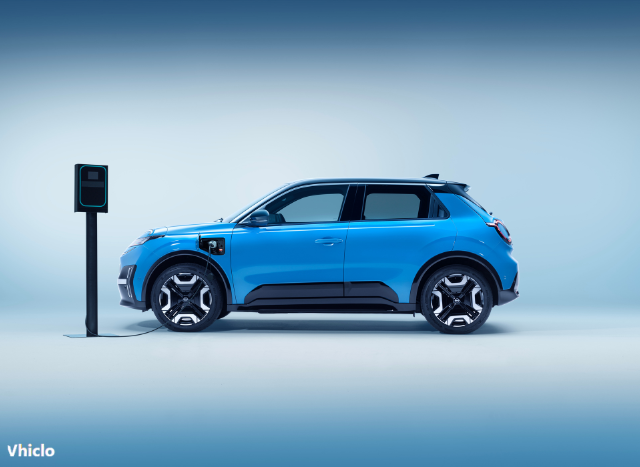Despite former President Donald Trump’s assertion that consumers can avoid vehicle tariffs by buying American-made cars, experts confirm that no car sold in the U.S. is built entirely from domestic parts.
Contents
Trump’s Tariff Comments Clash with Industry Reality
In a recent interview with NBC News, Donald Trump suggested that vehicles manufactured entirely in the U.S. would be exempt from his proposed 25% tariff on imported cars and parts. He claimed this would reward domestic production while pressuring automakers to relocate operations to the United States.
“If you make your car in the United States, there is no tariff,” Trump said.
However, auto industry analysts and executives argue that such a scenario is virtually impossible under today’s globalized supply chain model.
The Truth Behind American-Made Cars
Even vehicles assembled in the U.S. by American automakers contain a significant portion of foreign-sourced components. On average, 40% of car parts are imported, according to Dan Ives, global head of tech research at Wedbush Securities.
“U.S.-made cars with all U.S. parts is a fictional tale,” said Ives.
Ivan Drury, director of insights at Edmunds, echoed the sentiment:
“There’s no vehicle where every single component is manufactured from the ground up in the United States.”
Why the American Assembly Doesn’t Equal Fully American
- U.S. vehicles typically contain tens of thousands of parts, many of which are sourced from countries like Mexico, China, and Canada.
- Even Tesla, often cited as an American manufacturing success story, relies on 20–25% foreign parts, mainly from Mexico.
- Over 175 foreign-branded models are built entirely outside the U.S., including many from Toyota, BMW, and Volvo.

Impact of Tariffs on Vehicle Prices
If implemented, tariffs could result in vehicle price hikes between $4,000 and $12,500, depending on the make and model, according to the Anderson Economic Group.
| Vehicle Type | Estimated Price Increase |
|---|---|
| Mid-range sedan | $4,000–$6,000 |
| Premium SUV or EV | $10,000–$12,500 |
Industry insiders warn that these costs will likely be passed on to consumers, despite Trump’s claim that he “couldn’t care less” if prices rise.
Auto Supply Chains Are Global—and Fragile
“Tariffs on imported parts pose a greater risk than those on finished vehicles,” said Amy Broglin-Peterson, a supply chain expert at Michigan State University. She explained that the U.S. auto industry is highly integrated with neighboring countries, particularly Canada and Mexico. Many components cross borders multiple times before final assembly.
Example: 2025 Kia EV6
- Assembled by a South Korean brand
- Contains 80% U.S. and Canadian parts
- Ranks among the most North American-sourced models
Note: U.S. law does not differentiate between U.S.- and Canada-sourced parts.
Rebuilding Domestic Manufacturing Will Take Time
While reshoring production to the U.S. could align with national security and economic goals, experts warn that it won’t happen overnight.
“Establishing a domestic supply chain comes with a heavy cost and long timeline,” said Broglin-Peterson.
Automakers would need to invest heavily in factories, skilled labor, and logistics, making a short-term transition unrealistic.
Government Strategy: Incentives and Deregulation
A White House spokesperson reiterated that the administration is pushing for:
- Tax incentives to encourage U.S. vehicle purchases
- Deregulation to reduce costs across the automotive sector
The spokesperson also pointed to annual reports from the National Highway Traffic Safety Administration (NHTSA), which disclose the foreign vs. domestic content of vehicles under the American Automobile Labeling Act—a tool consumers can use to gauge exposure to tariffs.
Automotive industry expert and editor of Vhiclo, specializing in car news, EV technology, and in-depth vehicle analysis. With years of experience in the field, Koutaibah provides trusted insights for enthusiasts and professionals alike.






